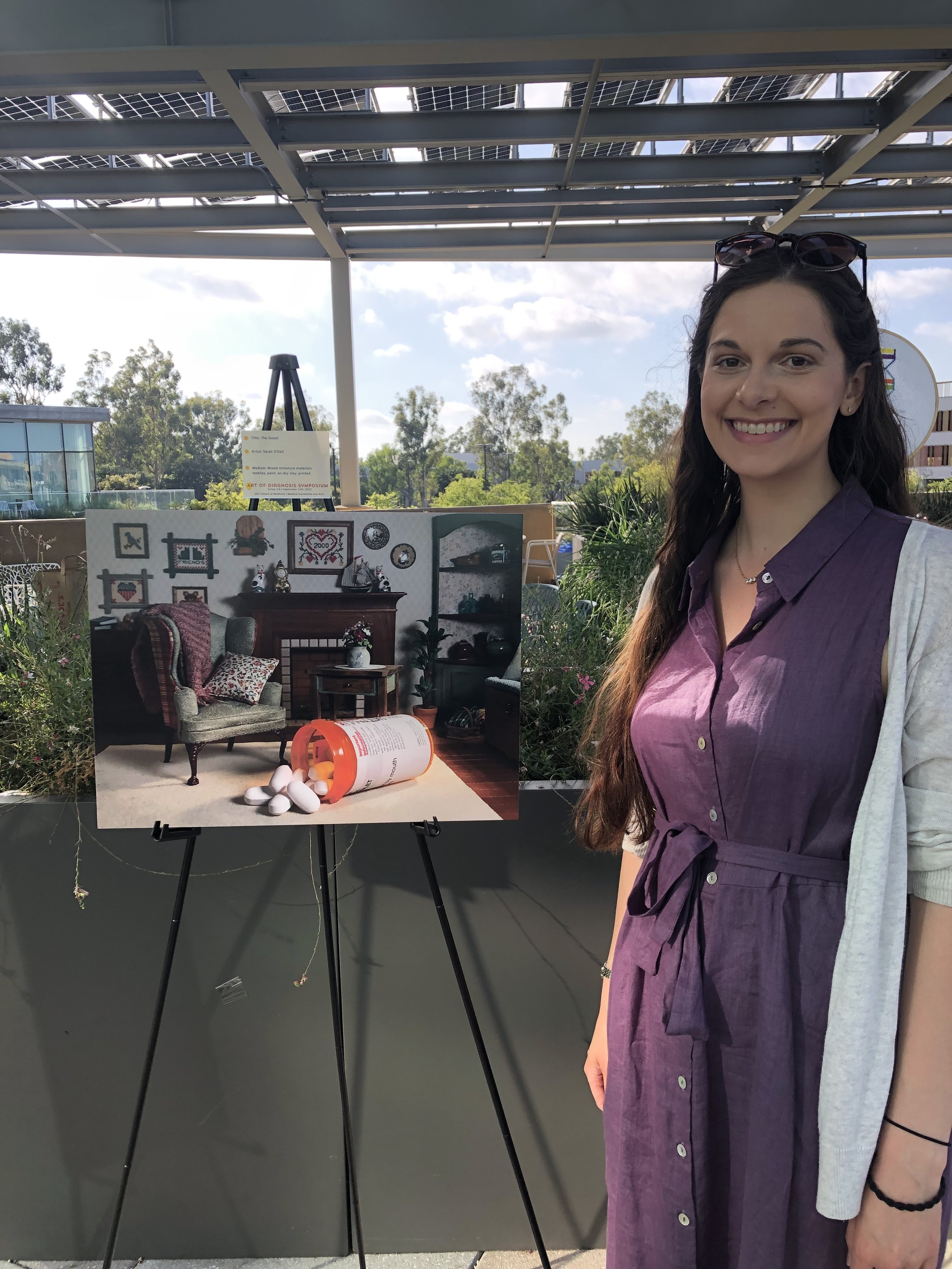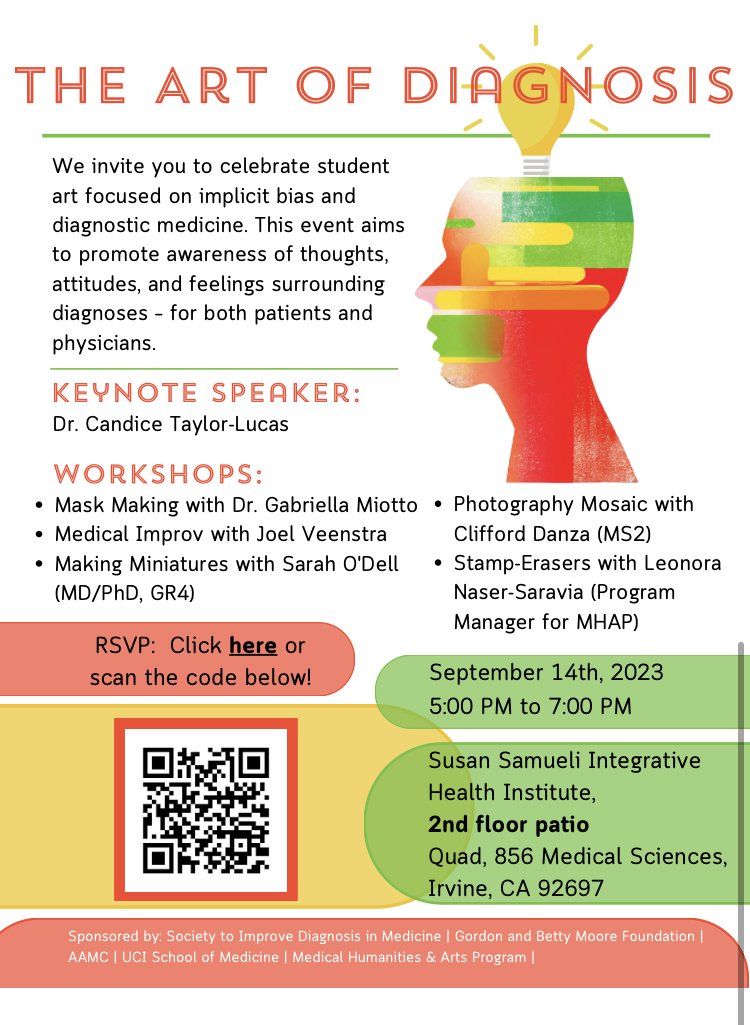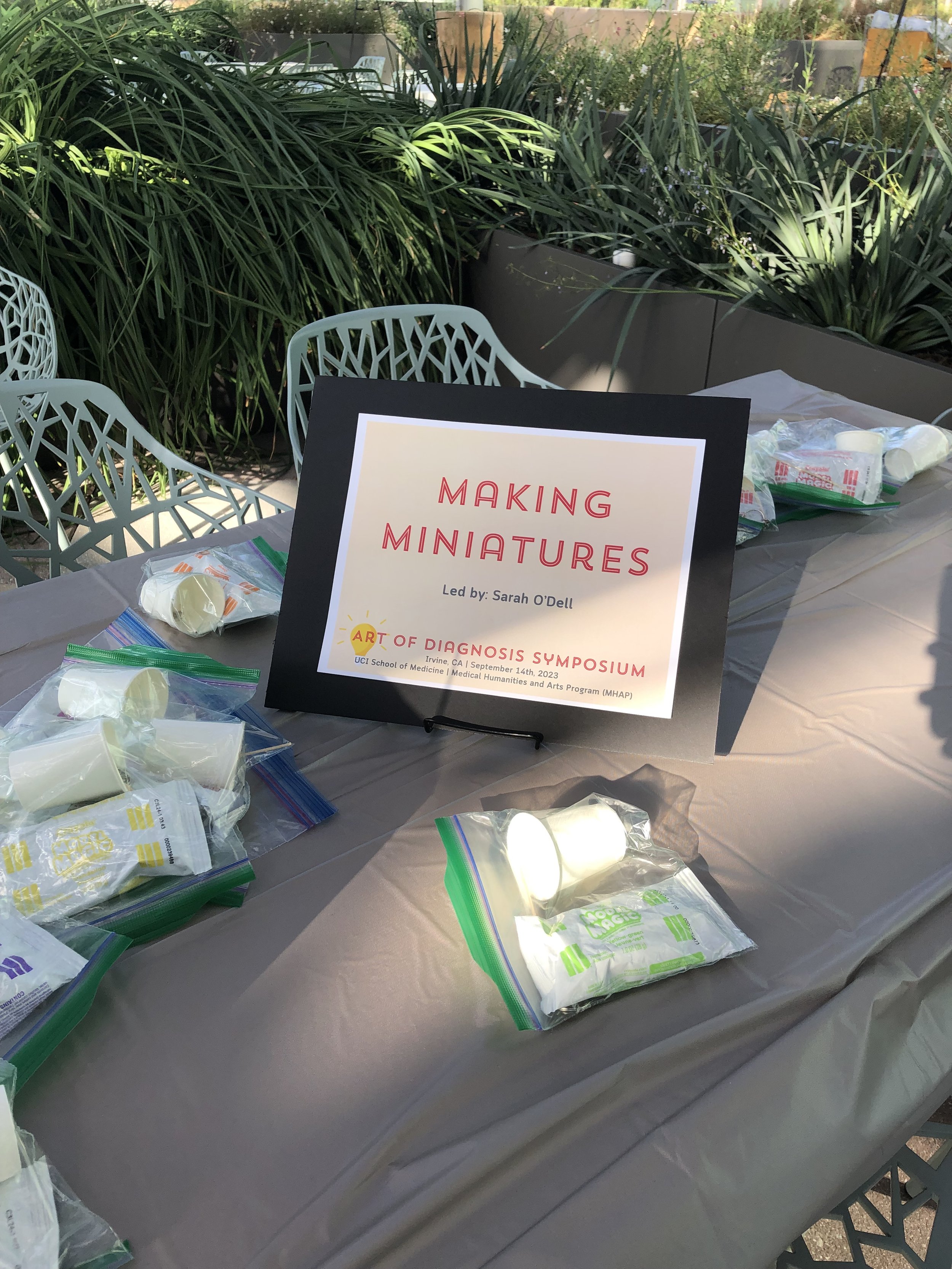While my entire dissertation remains embargoed (hoping to publish a revised and expanded version as a monograph!), UCI has made the abstract publicly available. You can find it here.
Like psychiatry, Gothic fiction has often been read in relation to religious practice or in light of the history of medicine. By bringing these approaches together, I offer an alternative history of both the early Gothic novel and modern psychiatry—one that reveals their intimate interconnection at a formative moment in the lives of both. Freudian readings have previously dominated Gothic criticism relevant to psychiatry, despite the remarkable overlap of therapeutic technique between the eighteenth-century proto-psychiatrist and the Gothic novelist. In contrast to the emerging discipline of proto-psychiatry, the early Gothic wears its historical and religious investments on the surface, generating aesthetically pre-modern Catholic environments in which the loss of medieval holism and sacramental healing can register, even terrify. In mourning what proto-psychiatric practice conceals, the Gothic novel therefore establishes a displaced healing site that absorbs—and, crucially, abstracts—the sacramental healing potentials that medical management of the mind rhetorically disguises. In rediscovering the healing imagination in eighteenth-century medicine and the early Gothic novel (1764-1820), I consider three therapeutic mediums—environments, idols, and the spirit—in three respective texts: The Mysteries of Udolpho (1794), The Monk (1796), and Frankenstein (1818). In demonstrating the entanglements between proto-psychiatry and the Gothic novel, I illustrate not only how proto-psychiatric practices emerge from literary forms, but also the ways in which medical “progress” becomes recursive, haunted by backward movement, paradox, and loss.





